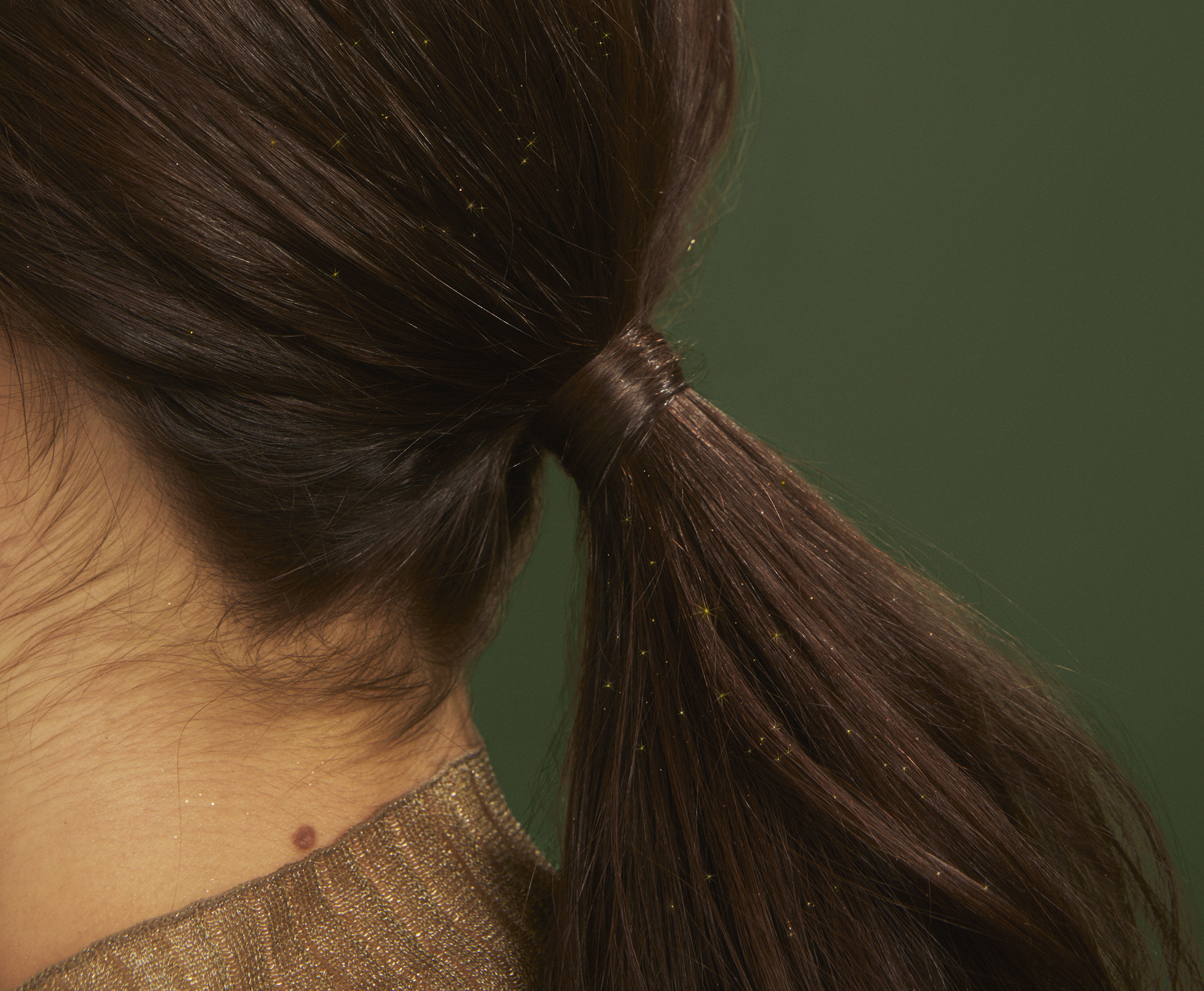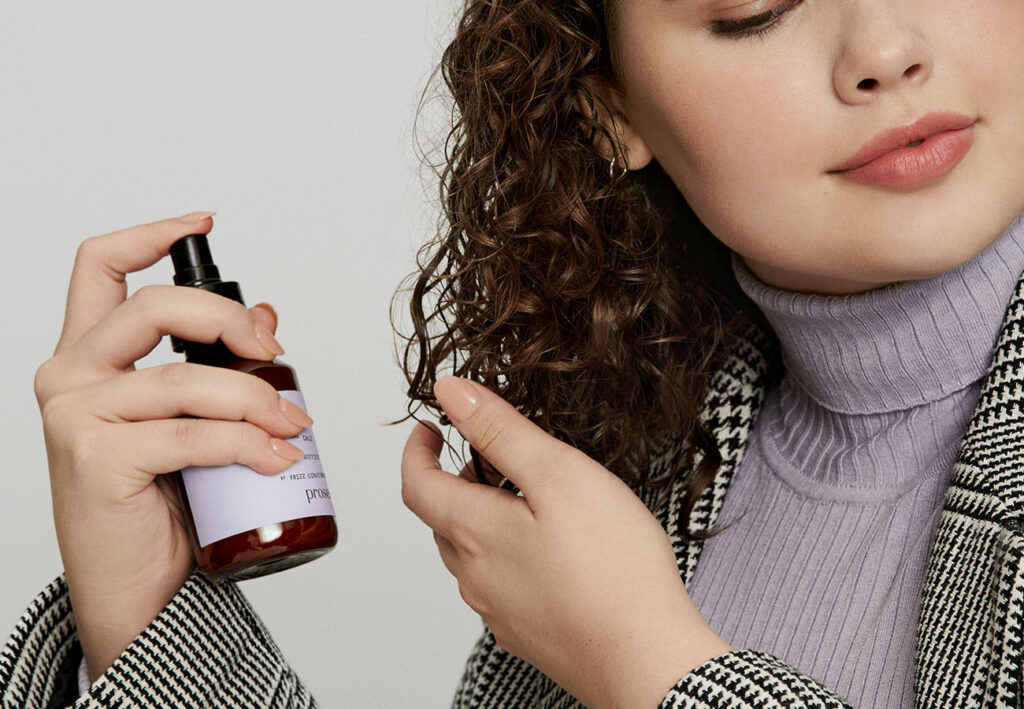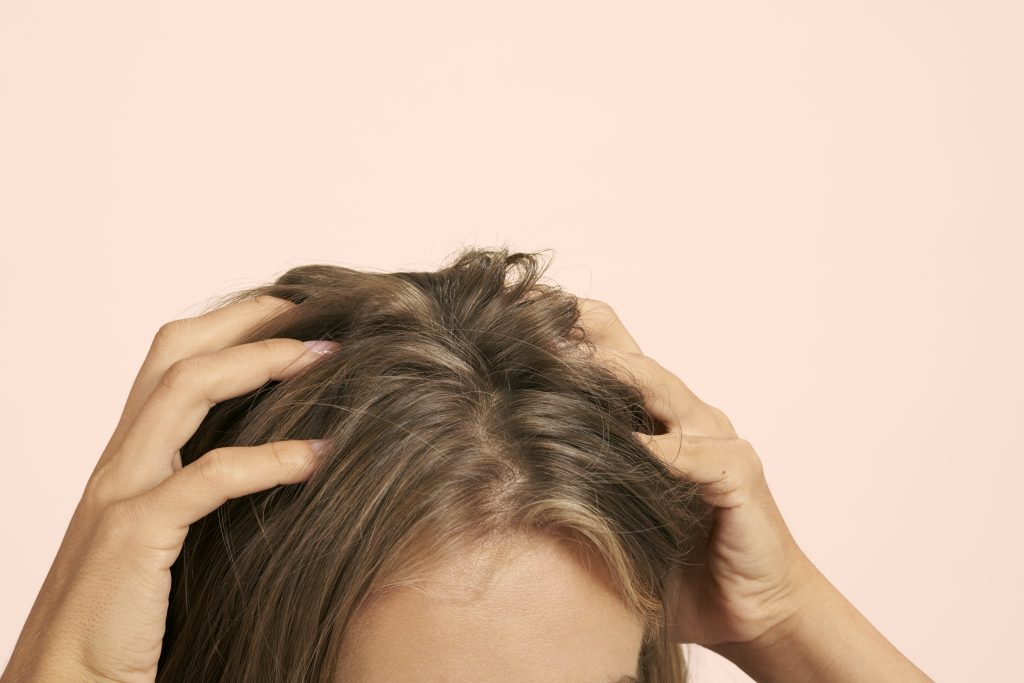Why Is My Hair Thinning?
Many types of hair loss could be contributing to your strands thinning. First, identify the most likely culprit to determine the best treatment. In many cases, you can reverse or prevent the following conditions from progressing:
Androgenetic Alopecia: This condition is the most common cause of hair thinning, and it is hereditary. In many cases, hormonal changes are the culprit, and you will notice newer fine hairs lacking pigment before growth halts entirely.
Telogen Effluvium: This condition is caused by many hair follicles entering the resting phase at once without moving on to the growth phase. This condition is often triggered three months after a medical event and can resolve six months after recovery.
Anagen Effluvium: Medical treatment, such as chemotherapy, causes this type of hair loss, such as chemotherapy. Any lost hair should begin to return once the treatment is over.
Alopecia Areata: Hair loss leaves behind small, painless patches. Underlying autoimmune conditions or severe stress responses can cause this condition.
Cicatricial Alopecia: This rare condition causes hair follicle inflammation that leaves scar tissue behind.
Traction Alopecia: Damage to hair from tension or pressure causes hairs to fall out.
Although this list isn’t exhaustive, these conditions can pinpoint the cause of your hair loss. Knowing the answer to the question, “why is my hair thinning?” lets you take action and improve hair thickness.
What Should My First Steps Be?
Identifying the cause of your hair loss should be your first step. You can rule out some causes on your own, but you may need a medical professional’s help for other reasons.
Questions You Should Ask Yourself
Before seeing your doctor, there are a few questions you should ask yourself to prepare. In some cases, you may be able to resolve the issue on your own without intervention. If not, this information can help your doctor diagnose you:
- Is hair loss common in your family?
- Have you suffered from a major illness recently?
- Does the hair loss align with any new medications or treatments?
- Were you recently pregnant?
- Has your diet changed significantly?
- Have you lost significant weight recently?
- Are you experiencing any signs of menopause?
Make an Appointment With Your Doctor
If you can’t easily explain your hair thinning with the answers to the questions above, your doctor can run several tests to figure out what is going on. They will likely order a blood test to see if you have hormone imbalances or underlying medical conditions.
Your doctor may perform a pull test where they gently pull on a section of hair to see how many strands come out from the roots. This test will let them know your current stage in the shedding process. They may perform a scalp biopsy to check for skin infections and also examine your hair roots under a microscope to determine hair shaft abnormalities.
If your hair thinning has a medical cause, your doctor can prescribe medication to treat it. For conditions that aren’t treatable with a prescription, there are sometimes surgical options that can help.
Treating Thinning Hair
If a medical condition is at fault, follow your doctor’s instructions for any prescribed or over-the-counter medications. If your doctor clears you for any underlying illness, you may be able to reduce your thinning’s progression or reverse it entirely by incorporating some of the following lifestyle changes.
Choose Gentle Hairstyles
Pressure on hair strands can be a primary cause of hair thinning or can exacerbate hair loss from other issues. Try to choose hairstyles that are loose and don’t put unnecessary tension on hair roots. If you choose to wear tight ponytails or braids, give your hair time to recover and move freely.
Maintain a Healthy Diet
Like any other part of the body, hair needs proper nutrition to grow. Try to get most of your nutritional needs from your diet and use appropriate supplements when necessary.
Decrease Alcohol and Tobacco Use
Tobacco causes stress on the body and can lead to conditions that cause hair thinning. Additionally, smokers tend to have more brittle hair, causing more breakage.
Alcohol does not directly cause hair loss, but it does cause nutrient absorption issues. Even if you are taking the nutrients you need for healthy hair, malabsorption could prevent your hair from ever seeing the benefits.
Keep Stress Under Control
Stress can cause some people to pull out their own hair, which can weaken hair growth as the body focuses on more critical functions. It may be easier said than done, but maintaining lower stress levels will prevent accidental pulling and allow your body to devote the necessary resources to healthy tresses.
Optimize Your Hair Care Routine
Healthy hair grows better, so the tools and products you use can have a major impact on hair thickness. If you tend to use heat tools for styling, get some extra mileage by applying dry shampoo to lengthen the time between washes. Protecting your hair shaft with hair oil or a leave-in conditioner can also help reduce styling damage.
Don’t forget to devote some attention to your scalp since a healthy crown promotes better growth. Check out dedicated products, such as scalp masks, to keep hair follicles in good condition.





